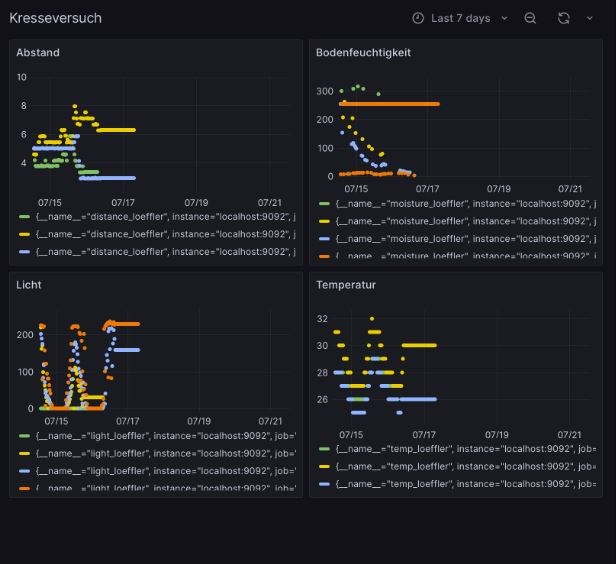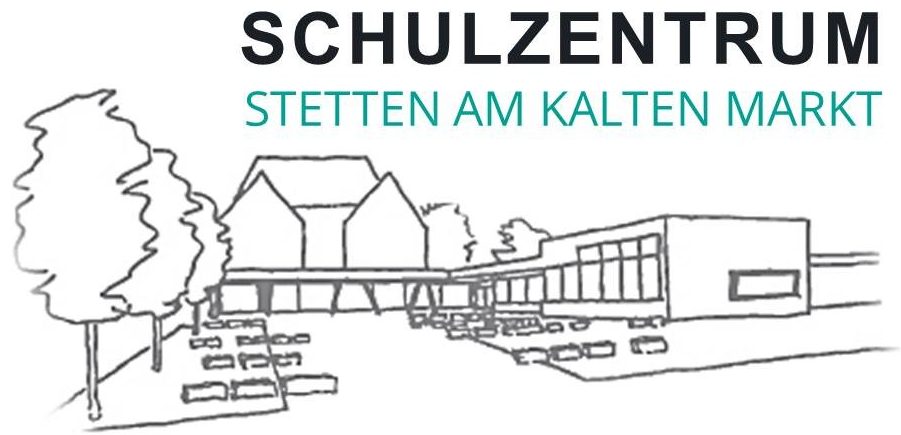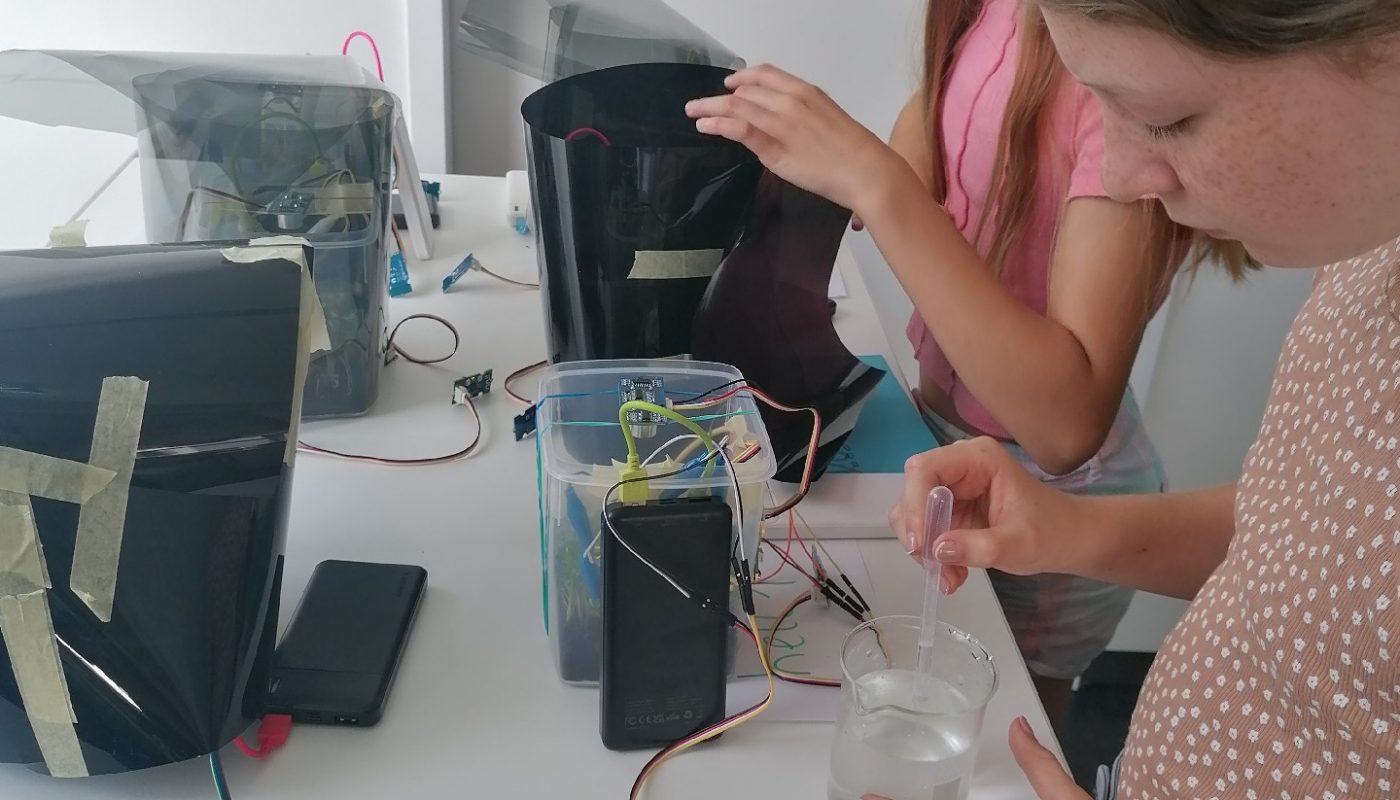Digitisation in the classroom is not achieved by putting students in front of tablets. Rather, digital ways of working and algorithmic thinking need to be practised in order to understand how a computer works, as well as sensitisation to the key question of what insights can be derived from acquired data sets.
Geconditions for the Natural science-Informatics Unstruction in Sschools - abbreviated as GeNIUS - is a joint project of subject didacticians from the University of Konstanz and the Rhineland-Palatinate Technical University Kaiserslautern-Landau (RPTU), which is researching "how science-informatic lessons should be designed to promote digital competences in the best possible way. In close cooperation with schools, learning scenarios are tested in practice and best-practice formats for teaching are derived from them. GeNIUS is funded by the Federal Ministry of Education and Research (BMBF)," reads the university's website. (https://www.uni-konstanz.de/universitaet/aktuelles-und-medien/aktuelle-meldungen/aktuelles-1/wie-ein-computer-denken-lernen/)
The learning group 6.1 and their BNT teacher Annika Löffler, in cooperation with the team from the University of Konstanz, doctoral student Ms Albicker and staff member Niklas Westermann, have technically investigated the growth of cress under different light conditions using Calliope mini PCs. Over a period of six days at the beginning of July, the plantlets were exposed to light, semi-dark and dark environments and the changes were documented with the programme Grafana, which allows you to follow the measured values.

At the end of the trial period, the data on the development of the cress to the nearest millimetre could be evaluated and conclusions drawn as to what growth height, soil moisture, temperature and light say about the growth prognosis.
Data-driven research in similar settings will have a firm place in the future of instructional design, as concepts of informatics methodologies help not only adults, but already students to understand scientific ways of thinking and working.

